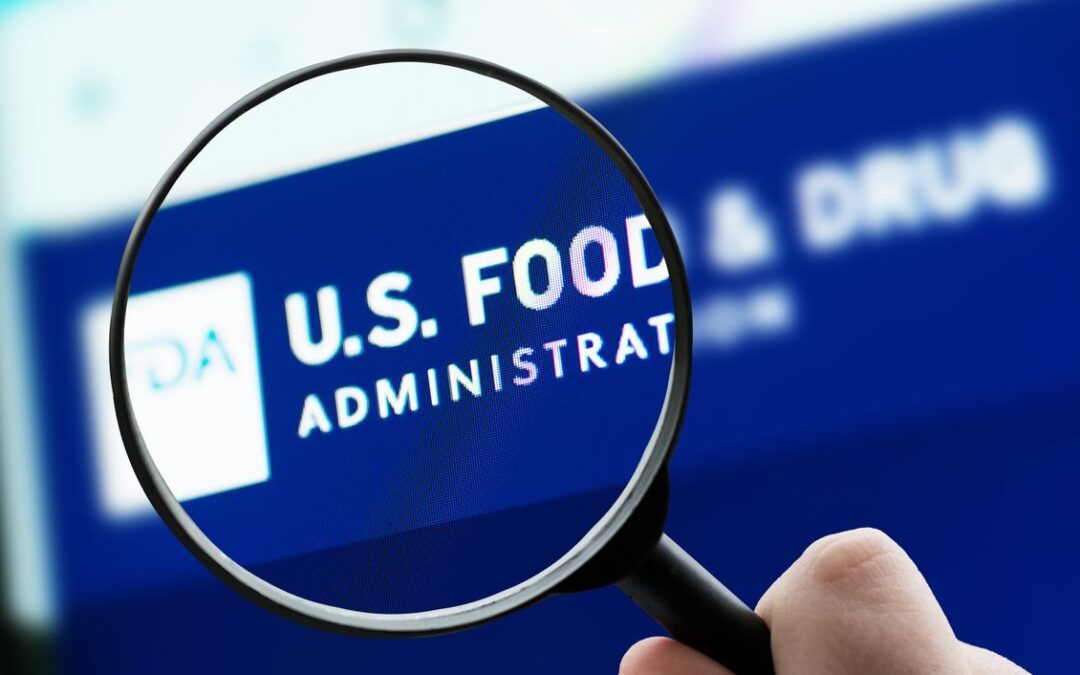As the medical aesthetics and wellness industry continues to expand, compounded products, from peptides and hormones to injectables, have become commonplace in medspas and functional medicine practices. However, the FDA has issued a strong warning: certain bulk drug substances used in compounding may carry serious safety risks and, in some cases, may violate federal law.
This is not just a regulatory update, it’s a compliance and liability issue that every medspa owner and healthcare provider should understand.
What’s the Issue?
Compounding involves creating a medication tailored to an individual patient’s needs, typically when a commercially available drug doesn’t meet those needs. The problem arises when compounders use “bulk drug substances”, raw active ingredients, that lack sufficient FDA evaluation or safety data.
The FDA’s concern is twofold:
- Safety: Some substances are linked to toxicity, cardiac complications, or other serious adverse events.
- Legality: Compounding from bulk substances that aren’t on the FDA’s approved list may violate Sections 503A or 503B of the Federal Food, Drug, and Cosmetic Act, exposing providers to enforcement risk.
FDA’s “Red Flag” List: Substances of Concern
The FDA maintains and updates a list of Category 2 bulk drug substances that may present significant safety risks. A few examples include:
| Substance | FDA Concern |
| Cesium chloride | Linked to heart arrhythmias and death |
| Domperidone | May cause cardiac arrhythmias and sudden death |
| Ibutamoren (MK-677) | Potential for congestive heart failure and edema |
| Epitalon | Very limited human date; risk of immune reactions |
| Neomycin (injectable use) | Risk of hearing loss, kidney injury, and paralysis |
Use of these substances, especially by medspas in injectable therapies, IV drips, or “anti-aging” protocols, can raise both patient safety and regulatory red flags.
Legal & Compliance Takeaways
- FDA Oversight Applies to Medspas.
Even if you’re operating under a medical director, the FDA treats compounded drugs as prescription medications subject to federal oversight. Using unapproved bulk substances can expose the practice and supervising provider to FDA enforcement, Board of Pharmacy actions, or malpractice claims. - Verify Your Compounding Pharmacy.
Only partner with pharmacies registered under Section 503A (for patient-specific compounds) or 503B (outsourcing facilities). Confirm that they source only FDA-approved bulk substances and maintain compliant records. - Review Your Product Menu.
Peptides, weight-loss injectables, and IV therapies are areas of highest scrutiny. If you offer compounds like semaglutide “alternatives,” Ibutamoren, or Epitalon, review your sourcing and documentation immediately. - Document Informed Consent.
If you use compounded products, ensure patients are informed that these drugs are not FDA-approved and that safety data may be limited. This protects both the patient and your practice. - Stay Updated.
The FDA continues to update its list of substances that may present safety risks. Periodically review the FDA’s official guidance and adjust your compliance policies accordingly.
The Bottom Line
The FDA’s latest communication makes one thing clear: not all compounding is compliant, and some “wellness” ingredients could carry significant safety and legal exposure.
For medspa owners and healthcare providers, the takeaway is simple: Trust your compounding sources, document your compliance, and stay ahead of FDA enforcement trends.
If your practice compounds or administers non-commercial formulations, now is the time for a legal compliance check-up.


